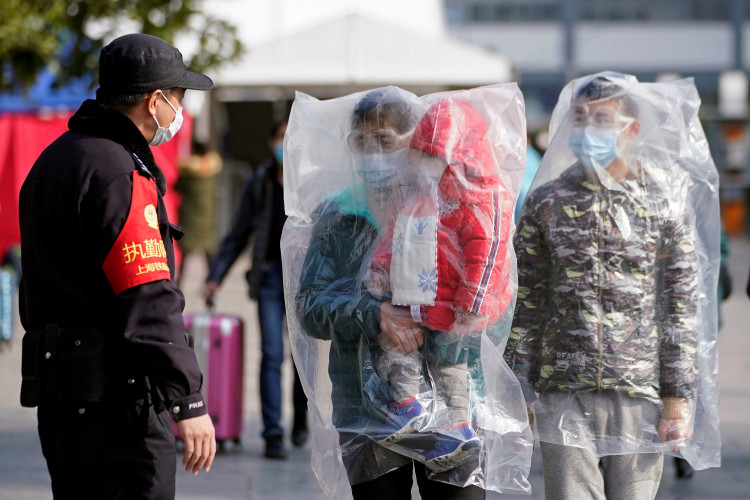The coronavirus death toll in China passed 1,000 on Tuesday but scientists and drugmakers are still racing with time to find a potential cure, an effective treatment, and a sure vaccine that should help ease the world's fears.
Who is Most Vulnerable to the Wuhan Coronavirus?
Among the top questions that epidemiology experts have yet to answer is which group of people are most susceptible to the disease, epidemiologist and dean of medicine at the University of Hong Kong Dr. Gabriel Leung wrote in an op-ed for the New York Times.
While previous comments from medical experts noted that the recovery rate for infected patients will rely largely on the strength of their immune systems, it has yet to be known which groups of people are specifically more vulnerable.
Other experts also previously suggested that those with chronic conditions and the elderly may be bigger targets of the novel coronavirus if these people live or stay in confined spaces with an infected patient.
Leung pointed out that the challenge of getting to the bottom of unanswered coronavirus questions lies in the fact that the 2019-nCoV is still on the evolution stage, thus making it harder to estimate the range and extent of its damage.
Is it Possible for the Coronavirus to Mutate at this Point?
Another question that has been bothering some experts and non-experts alike is the potential route that the Wuhan coronavirus will take while a vaccine has not been developed yet.
According to The Guardian, some medical experts are starting to believe that the 2019-nCoV may not break down as easily as the SARS strain did back in 2003 as the two outbreaks have posted very different beginnings.
In defense of this theory, professor of infectious disease epidemiology at the London School of Hygiene and Tropical Medicine (LSHTM) David Heymann noted that the SARS virus was found only in one or two people when it first started spreading.
As opposed to the said scenario, the Wuhan coronavirus was confirmed in more than five people when it was first discovered late December. The explosively of the current coronavirus outbreak has also made it harder for experts to determine whether it will mutate without a vaccine in the very near future.
How Long is the Incubation Period, Really?
Over the past weeks, multiple outlets, and the World Health Organization (WHO) said the incubation period of the Wuhan coronavirus lasts up to 14 days. However, a new study suggests otherwise.
In a study spearheaded by SARS discoverer Zhong Nanshan, it was indicated that the incubation period of this new coronavirus strain may last for up to 24 days, Caixin Global reported on Tuesday.
The findings from the study produced by Zhong, Chinese hospitals, and a host of medical schools, indicate that there is more to be known about the 2019-nCoV and experts should work together to find out as much as they can about the fast-spreading strain.
Which Particular Conditions Make Patients More Susceptible?
Another study led by a Wuhan University hospital suggested that older men may be more vulnerable to the coronavirus than women, Business Insider reported.
The study was carried out on 140 infected patients, which then led to questions from some researchers stating that women are just as susceptible to the new coronavirus just as men are.
Other medical experts, on the other hand, believe that biological conditions in some men, especially those who are older, may make them more susceptible to contracting the disease.
Since the study was limited to only 140 patients, it remains to be seen whether new studies will prove or reject the findings in as the coronavirus continues to expand.





